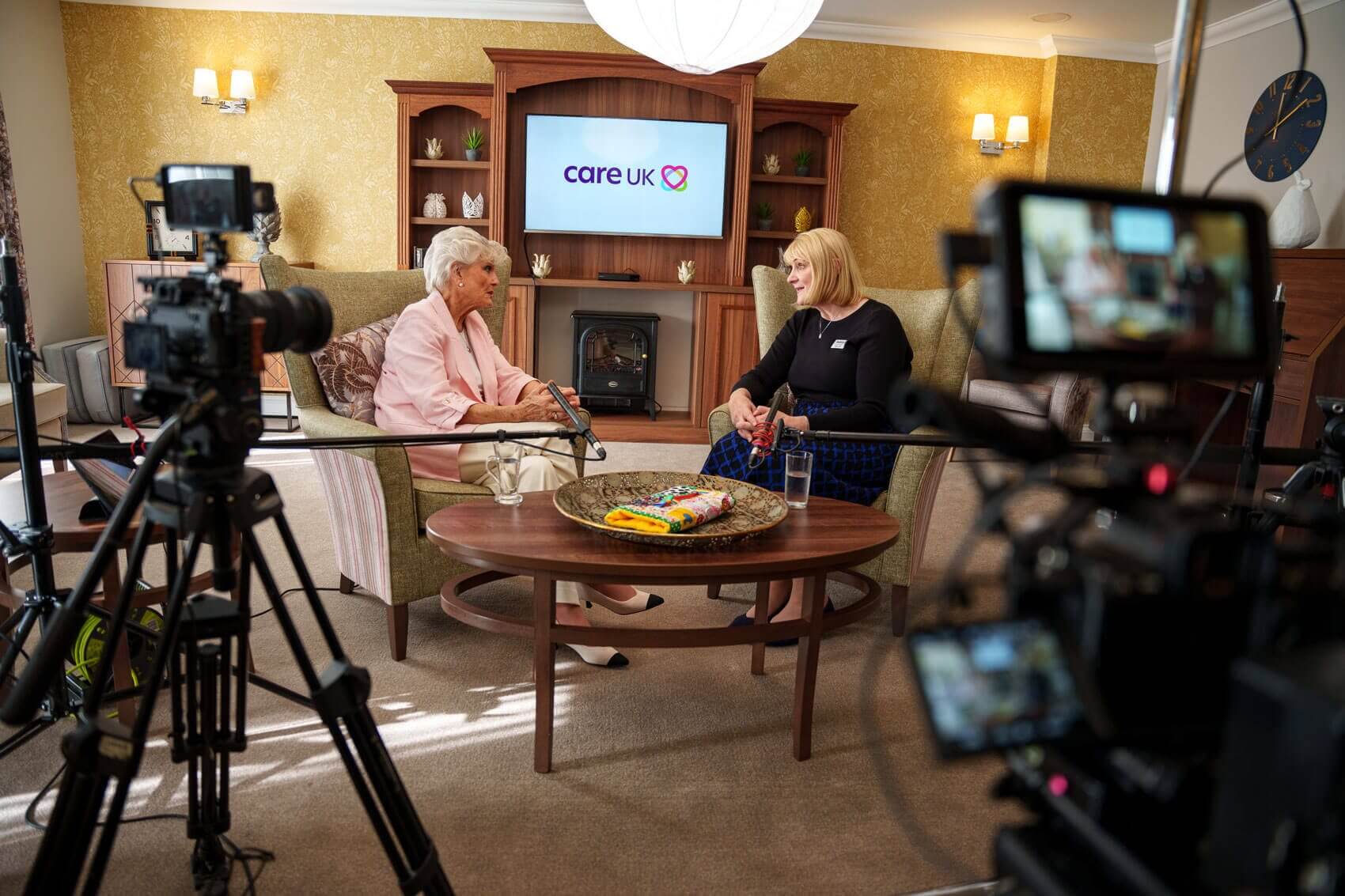Understanding dementia risk factors
It is important to learn which risk factors may apply in your individual circumstances. Some elements of dementia risk are not able to be modified or improved, meaning they are out of the individual’s control.
Dementia risk factors:
- Age: Getting older is one of the most significant risk factors for dementia.
- Genetics: While 20% of people believe dementia is hereditary, genetic links are often overestimated. Only a small percentage of dementia cases are directly inherited from family members, and it's important to recognise the signs of dementia earlier based on past family experiences.
- Family history: A family history of dementia may slightly increase risk, but lifestyle choices play a crucial role in mitigating and managing the risk and symptoms moving forward.
Thankfully, many of the key risk factors are within an individual’s control when it comes to dementia. These modifiable factors are largely categorised as “better lifestyle choices”, however it can be broken down into the below:
Ways to reduce the risk of dementia:
- Diet and exercise: Poor diet, low physical activity and excessive alcohol consumption can increase the risk of dementia.
- Health conditions: Effectively managing conditions such as diabetes, high blood pressure, and obesity is crucial for reducing the risk of developing dementia. It is important to follow the advice and treatment plan provided by a healthcare professional in these circumstances.
- Mental stimulation: Activities such as reading, puzzles, and learning new skills help keep the brain engaged. One of the best ways to do this is by learning a new language. Not only is this a valuable skill, but it also involves a complex process that enhances alertness and focus.
How to reduce the risk of dementia
Diet and nutrition
Maintaining a balanced diet is essential for both brain health and overall well-being. Making different dietary choices, like trying the Mediterranean or DASH diet, which emphasise whole grains, healthy fats, protein-rich foods, and plenty of fruits and vegetables, can be particularly beneficial. These diets support brain function and help reduce the risk of dementia while promoting a healthy, active lifestyle.
In addition to balanced eating, intermittent fasting has been shown to boost brain health by promoting cellular repair and reducing inflammation. Moderate coffee consumption also provides protective benefits, as it has been linked to a lower risk of cognitive decline.
A diet that avoids the extremes and focuses on variety and nutrition can provide long-term benefits for both physical and cognitive health. These dietary changes will have a strong influence in relation to reducing the risk of dementia.
Physical activity
Physical activity plays a significant role in reducing the risk of dementia by improving brain health. Engaging in regular exercise (3-4 times a week) boosts circulation and increases oxygen flow to the brain, which supports cognitive function and resilience.
Aerobic exercises, such as walking, swimming, and cycling, are particularly effective for improving cardiovascular health, which is closely linked to brain health. These activities help strengthen the heart and ensure the brain receives the necessary blood flow and nutrients to stay healthy.
Strength training, such as weightlifting, also supports brain health by lowering the risk of obesity and diabetes, both of which are linked to dementia. Research shows that promoting blood circulation and delivering oxygen to the brain plays a key role in maintaining its health.
Mental and social engagement
Staying mentally and socially active is vital for reducing the risk of dementia. Engaging in stimulating activities not only strengthens your brains resilience but also promotes overall brain health, helping keep your mind sharp and adaptable.
Learning a new language is an excellent way to activate your brain synapses, the connections used for communication. When these synapses are damaged, it is strongly linked to conditions such as dementia or Alzheimer's. The process of acquiring new vocabulary and grammar provides a powerful workout for the brain, helping to enhance its flexibility and adaptability.
Puzzles and reading are also highly effective mental exercises. These activities challenge the brain, improve problem-solving skills, and help maintain mental stimulation over time.
Equally important is staying socially connected. Interacting with friends, family, and community members increases emotional well-being, fosters a sense of purpose and reduces the risk of cognitive decline. As we age, it can become easier to withdraw from social interactions due to challenges with communication and difficulties engaging with others, and this may also be an early sign of dementia.
Hearing aids and cognitive health
Hearing loss is linked to a higher risk of dementia. Using hearing aids to manage hearing impairments can reduce the brain's workload and encourage social interaction with others. It is important to consult with a medical professional if you feel like you may need hearing aids to improve your hearing. The earlier the intervention, the more likely it can reduce the risk of dementia.
Hormone replacement therapy (HRT)
While the connection is still being studied, some evidence suggests that HRT may offer protective benefits from dementia. Similarly, medications like statins, which manage cholesterol levels, may indirectly benefit brain health by promoting better overall vascular function.
Reducing the risk of dementia requires a proactive approach to health and lifestyle and it is important to take responsibility for your own health and wellbeing. Whether through diet, exercise, or mental stimulation, small changes can have a big impact on cognitive health in the future.
FAQs





